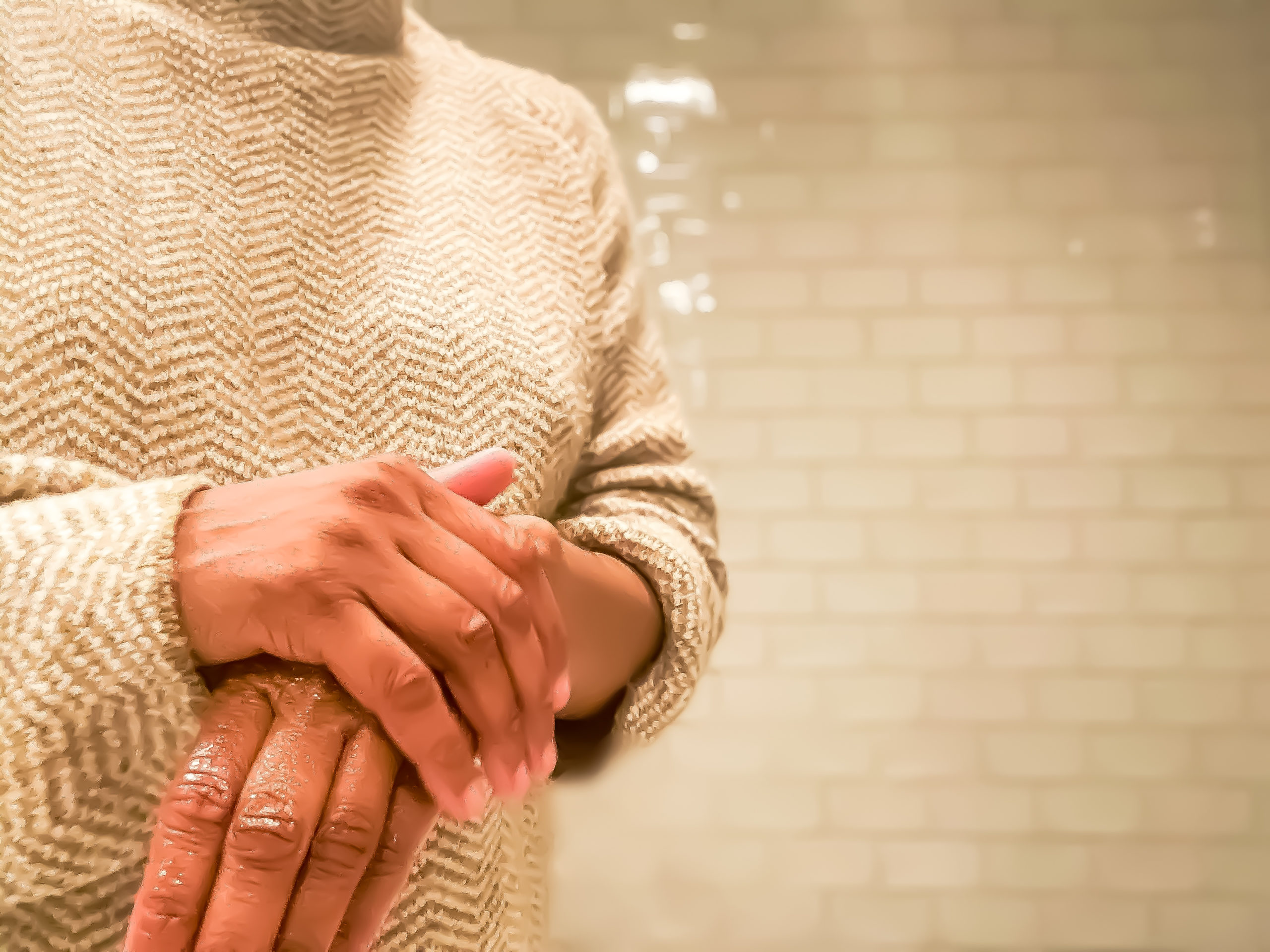
Your skin may be itchy for any number of reasons. Some are easily handled, while others may require a check-in with a doctor. If you’ve been dealing with persistently itchy skin, here are a few things you’ll need to know.
READ: Stop Patting Your Head: 5 Tips To Stop Your Scalp From Itching
General Reasons for Itchy Skin
Pruritis or itchy skin can happen as you age. The reason for this itchiness is that the skin loses moisture more easily and the body doesn’t produce lubricating oils as well as it used to. This itchiness can last for short periods or happen after doing activities that remove moisture from the skin. Persons with itchy skin may notice redness, blisters, and cracked skin.
Itchy skin may affect small areas or the whole body depending on the cause of the irritation. Generally, dry skin can be normal, especially for those who are older. It’s possible to alleviate the itchiness by using moisturizing products on your skin regularly. Over-the-counter anti-itching products may also provide some relief.
However, if nothing helps and the itchiness persists or spreads, that’s a good sign that something else is going on. At that point, it’s time to consult with your regular physician or a dermatologist.
RELATED: Find A Dermatology Doctor
External Conditions That Cause Itchy Skin
In some cases, the cause of your itchy skin can be easily identified by taking a closer look at what’s happening on the outside. If there’s a rash, it’s possible that you could be dealing with any of the following:

- Fungal or bacterial infection such as folliculitis or impetigo
- Bites from small insects like bed bugs or mites
- Eczema or atopic dermatitis – In this case, the rash may be accompanied by dry, scaly patches on the skin
- Contact dermatitis or hives from coming in contact with an irritant such as poison ivy or an allergen like wool
Certain conditions don’t have a rash but are no less irritating. These include:
- Psoriasis
- Parasitic infections
- Scabies
- Xerosis (dry skin)
These conditions may not respond to changes in your skincare products or you may only get temporary relief. Fortunately, a quick trip to the dermatologist can put you on the road to a proper treatment program.
Internal Conditions That Cause Itchy Skin
Occasionally, a persistent itch can be a symptom of a more sinister illness. Medical professionals are quick to point out that it’s rare but it’s certainly worth checking out if initial treatments aren’t helping. Itchy skin may indicate one of the following issues:
- Nerve disorders – pinched nerves, shingles, nerve damage, complications from a stroke, and multiple sclerosis
- Illnesses or disorders – kidney disease, anemia, liver disease, diabetes, thyroid disorders, or lymphoma
- Psychiatric conditions – anxiety, depression, or obsessive-compulsive disorder (OCD)

It’s important to note that certain medications can also cause itchy skin. If you’re taking prescription drugs such as blood pressure regulators, diuretics, painkillers, cholesterol regulators, gout medication, or estrogen, they may be the source of your discomfort. Consult with your doctor about how to best alleviate the itchiness.
READ: Stop Scratching! Try These Natural Remedies for Itchy Scalp
Why African Americans Should Pay Attention
Interestingly, African American persons are more likely to be affected by atopic dermatitis or eczema than other ethnicities. According to medical research, this prevalence is deeply tied to the genetic markers that are associated with persons of color. These genetic markers increase African American persons’ likelihood of having conditions such as asthma, eczema, and hay fever.
If you have a persistent itch, consider seeing a dermatologist quickly. At least you’ll get a diagnosis early.
How to Alleviate That Itch
Apart from seeing a physician, there are a few things you can do at home to take care of itchy skin. In cases where the itching is not being caused by anything other than dry skin, swap out your regular skincare products for ones that contain high levels of moisturizers. It’s also advisable to bathe in warm water instead of cold or hot.
Health professionals recommend using an ice pack on the affected area for a maximum of 10 minutes. The cool temperature can ease the itchiness for a bit. When the source of the irritation is an allergic reaction, it’s helpful to use topical creams. Some persons also suggest taking an oatmeal bath as it has been found to alleviate itching from conditions such as hives and chickenpox.
Sometimes itchy skin is normal but there are times when persistent itching can be the sign of something that needs a physician’s attention. Generally, if the itch is disrupting your life, it’s worth it to take a trip to the doctor.
READ THIS: Could Light Therapy Help Your Itchy Skin?








